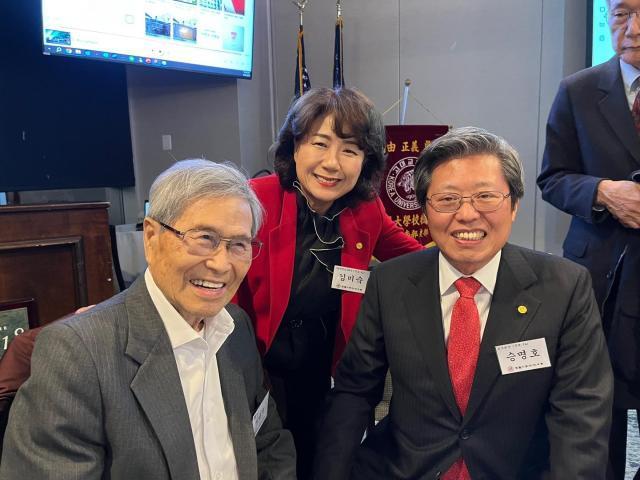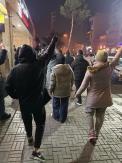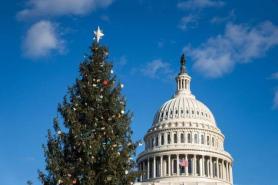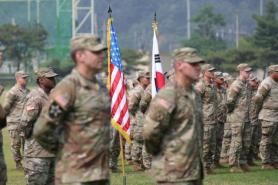
The Korean-born U.S. lawyer received the U.S. Legion of Merit in April 1952 from then-President Harry S. Truman for his service in many crucial battles during the 1950-53 war. He also won the St. Maurice Medal from the U.S. National Infantry Association last year.
Born on November 23, 1928, in Yeonbaek, Hwanghae Province, located in North Korea, Lee moved to Seoul and studied Korean literature at Korea University from 1948. After the Korean War broke out, he joined the Korean Army. With the rank of first lieutenant, he was assigned the 5th Transport Battalion of the U.S. 1st Provisional Marine Division as a liaison officer and interpreter.
He participated in the Battle of the Nakdong River Defense Line, also known as the Battle of the Pusan Perimeter, from August to September. It was one of the first major engagements between the United Nations Command and North Korean forces during the war.
He was later attached to the U.S. 1st Marine Division and took part in the Incheon Landing Operation on September 15.
The landing led by Gen. MacArthur is considered a pivotal moment that turned the tide of the war. Despite earlier setbacks and a retreat to the Nakdong River within three months of the war's outbreak, U.N. forces successfully pierced through North Korean lines with the bold landing operation. Lee interpreted for MacArthur at close range during the operation.
Lee also fought in the Battle of Changjin Lake, also known as the Battle of Chosin Reservoir, from November 26 to December 11, where outnumbered U.N. forces delayed the Chinese advance, allowing over 100,000 civilians to evacuate to South Korea via the port of Hungnam in North Korea. About 30,000 U.N. troops were encircled and attacked by about 120,000 Chinese troops during the battle, resulting in around 17,000 UN casualties and 48,000 Chinese casualties.
Later Lee worked as an instructor at the Military Academy in the southern city of Jinhae. After his retirement from the military in 1954 with the rank of captain, he traveled to the U.S. to attend Yale University, earning a juris doctor degree. He practiced law in New York, Virginia, and Washington, D.C.
From 1967 to 1987, he served as a senior lawyer for the U.S. Department of Defense and the U.S. Department of Justice. He also taught U.S. law at Seoul National University, Korea University and the Judicial Research and Training Institute in Korea. In 1999, Lee served as an advisor to the Incheon International Airport construction project and published many papers on Korean laws.
He was a founding member and director of the Chosin Few, a group of survivors of the Changjin Lake Battle, and authored a book about the Korean War.
The funeral service for Lee will be held at the Jans Creek Korean Church in Atlanta, Georgia, at 10 a.m. on Saturday.
Copyright ⓒ Aju Press All rights reserved.




